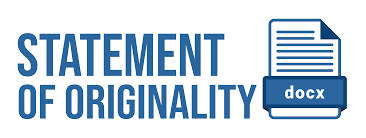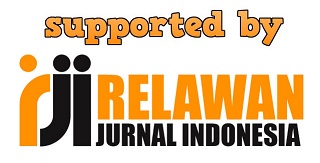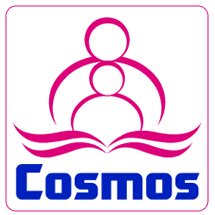Enhancing Student' Writing Skills through Miming Games
DOI:
https://doi.org/10.61672/eji.v9i2.2999Keywords:
Miming games, Writing, Quasi ExperimentalAbstract
Writing is an essential skill that requires students to articulate their thoughts and convey messages through written texts. This is considered an essential skill that students must develop for their academic achievement. Miming activities offer a varied strategy for learning that enhances students’ communication skills, encourages their creativity, and promote active participation. Student often struggle with writing because they are afraid of making mistake in grammar, vocabulary, and language use. The purpose of this research was to enhance students’ writing skills through the use of miming games, with a particular focus on procedural texts, which are intended to explain how to perform or create something through a series of steps. The design of this research was quasi experimental. The eighth grade of MTS Mathla’ul Anwar served as the study’s population. The research sample was chosen using a cluster random sampling technique. Data was collected by using a pre-test and post-test. The result showed that the Sig. (2 tailed) value was 0.001, which is lower than α=0.05. This indicate that the alternative hypothesis (Ha) is accepted and the null hypothesis (Ho) is rejected, it can be concluded that miming games involve students through movement and action, creating a fun learning environment that helps them understand sequence, structure and vocabulary.
References
Argawati, N. O., & Suryani, L. (2020). Project-Based Learning in Teaching Writing: the Implementation and Students Opinion. English Review: Journal of English Education, 8(2), 55. https://doi.org/10.25134/erjee.v8i2.2120
Carrie Willliams. (2015). Research Methods. Journal of Business & Economic Research, 5(3), 81–82. https://doi.org/10.1007/978-3-319-10906-0_5
Creswell, J. W. (2017). Research Design Pendekatan Metode Kualitatif, Kuantitatif, dan Campuran (Edisi Ke-4). Yogyakarta: Pustaka Pelajar, 2017.
Diana, K., Fitrianingsih, A., & Puspananda, D. R. (2021). The Application of Mime Game Toward Students’ Vocabulary Mastery at The Seventh Grade of SMP Islam Nurul Ulum Kalitidu Bojonegoro [IKIP PGRI Bojonegoro]. https://repository.ikippgribojonegoro.ac.id/2340/
Gillett, A., Hammond, A., & Martala, M. (2009). Inside track to successful academic writing. Pearson UK. Pearson UK.
Hornby, A. S. (1995). Oxford advanced learners’ dictionary. (Fifth Edit). Oxford: Oxford University Press.
Ibrahim, M. A. (2015). University students’ English writing problems: diagnosis and remedy. International Journal of English Language Teaching, 3(3), 40–52.
Jack R. Fraenkel and Norman E. Wallen. (2009). How To Design And Evaluate Research In Educatoin 7th Ed. 95.
Karmila, S. (2023). IMPROVING JUNIOR HIGH SCHOOL STUDENTS’ MASTERY ON SIMPLE PRESENT TENSE THROUGH MIME GAME (Vol. 5). UIN Ar-Raniry Banda Aceh.
Kasanah, N. R., Ambarini, R., & Sophia, T. C. (2023). Improving Students Vocabulary Mastery By Using Miming Games Combined With Learning English Vocabulary Apps At The Eight Grade Of SMP N 1 Ngaringan. 3(1), 326–334.
Mofareh. (2015). The importance of vocabulary in language learning and how to be taught. International Journal of Teaching and Education, III(3), 21–34. https://doi.org/10.20472/te.2015.3.3.002
Purnomo, H. and heru. (2023). The Influence of Guessing Mime Game on Students’ Achievement of Simple Present Continuous Tense in The Eighth Grade of SMP AL-Mukhatr. 5(2), 1–14.
Putra, M. I. R., & Sulaiman. (2017). a Correlational Study on the Impact of Students’ English Achievement on Students’ Residence. Journal of English Teaching Adi Buana, 02(01), 21–35. https://doi.org/https://doi.org/10.36456/jet.v2.n01.2017.712
Viomeika, D. (2022). The Effect of Using Miming Game Combined With Jumble Words Game on Students’ Vocabulary Mastery. Jurnal Pendidikan Tematik, 3(2), 35–43
Downloads
Published
Issue
Section
License
Copyright (c) 2025 Lucky Setiawan, Nurul Puspita, Dian Reftyawati

This work is licensed under a Creative Commons Attribution 4.0 International License.




















